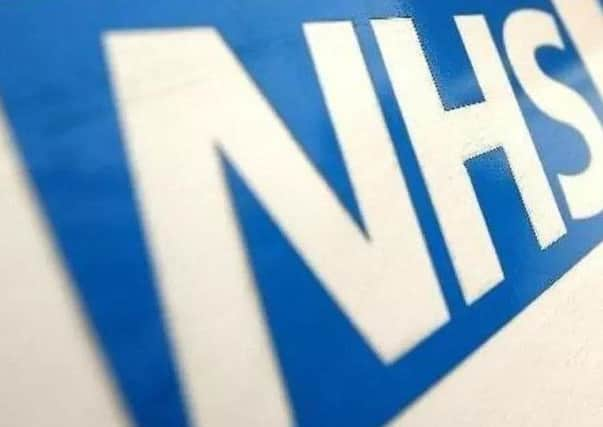‘Better NHS management could allow extra 290,000 operations’


The study, from NHS Improvement and supported by the Royal College of Surgeons, found delayed starts and early finishes to operations left gaps that could be filled with treating more patients.
In an effort to improve efficiency, experts examined data from 92 NHS trusts for the year 2017.
Advertisement
Hide AdAdvertisement
Hide AdThey found significant variation in theatre productivity between different NHS trusts. Overall, a third of operating lists started 30 minutes or more late and 38 per cent finished 30 minutes or more early.
More than 111,000 finished at least 60 minutes early.
The data suggests theatre time lost to late starts, early finishes and delays between operations could potentially have been used to do up to 291,327 more procedures.
This is a 17 per cent increase on current levels at the 92 trusts. It could include 30,000 more ear, nose and throat operations, 42,000 more general surgery operations, 32,000 more gynaecology procedures and 57,000 more orthopaedic operations.
The NHS currently performs around five million non-urgent operations a year, up from 3.7 million in 2003-4.
Advertisement
Hide AdAdvertisement
Hide AdBut an increasingly ageing population and people living with more complex conditions means this figure is expected to rise.
Conditions including obesity are also pushing up the demand for operations such as hip replacements.
NHS Improvement said it was encouraging hospitals to consider a model called “6-4-2”, which is being used successfully in some NHS trusts in England.
The idea is that surgical staff agree their annual leave six weeks in advance, agree their surgical lists four weeks in advance, and double check their plans two weeks in advance. This reduces the risk of cancellations and late starts, and means equipment, beds and staff are booked in good time, it said.
Advertisement
Hide AdAdvertisement
Hide AdProfessor Tim Briggs, NHS national director of clinical improvement, said: “While waiting times for surgery are lower than they have been historically, more can be done, so it is important that we work with clinical teams to identify further solutions and share best practice.”
Ian Eardley, council member of the Royal College of Surgeons, welcomed the report but said other issues – such as staff shortages and not enough beds – affected operation numbers.
He said: “Bed capacity is severely constrained across the NHS with recent statistics showing that the UK has the second lowest number of hospital beds for each 1,000 people in the whole of the EU.
“Such shortages mean time is wasted by NHS staff in freeing up beds instead of treating patients. This problem is compounded by workforce shortages.”
Advertisement
Hide AdAdvertisement
Hide AdNHS data shows that 87.3 per cent of all NHS patients are treated within 18 weeks.
As of November last year, 527,677 people had waited more than 18 weeks to start treatment, of whom 2,432 had waited longer than a year. In the second quarter of 2018-19, some 18,460 planned non-emergency operations (0.9 per cent of the total) were rescheduled or cancelled.
Health and Social Care Minister Stephen Hammond said: “I hope to see these innovative and clinically-led proposals – many of which are based on what is already working across the country – adopted by trusts wherever possible to help plan surgery more effectively and improve patient experience.”